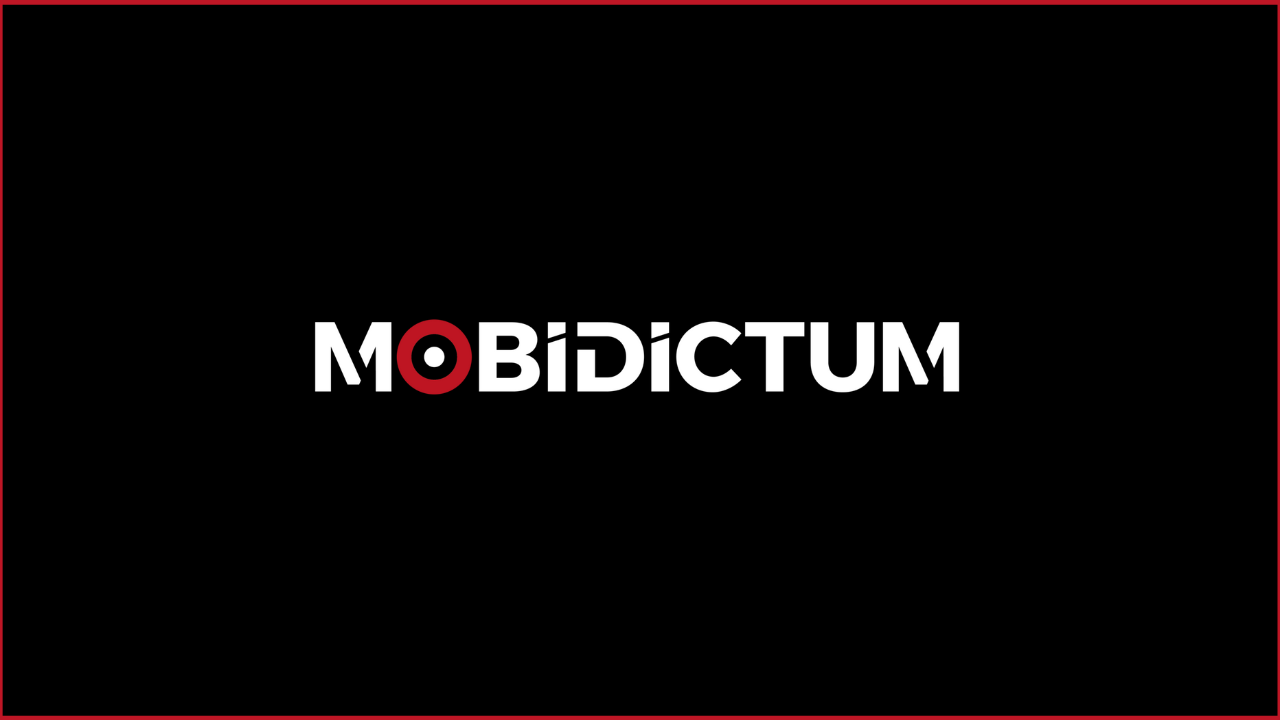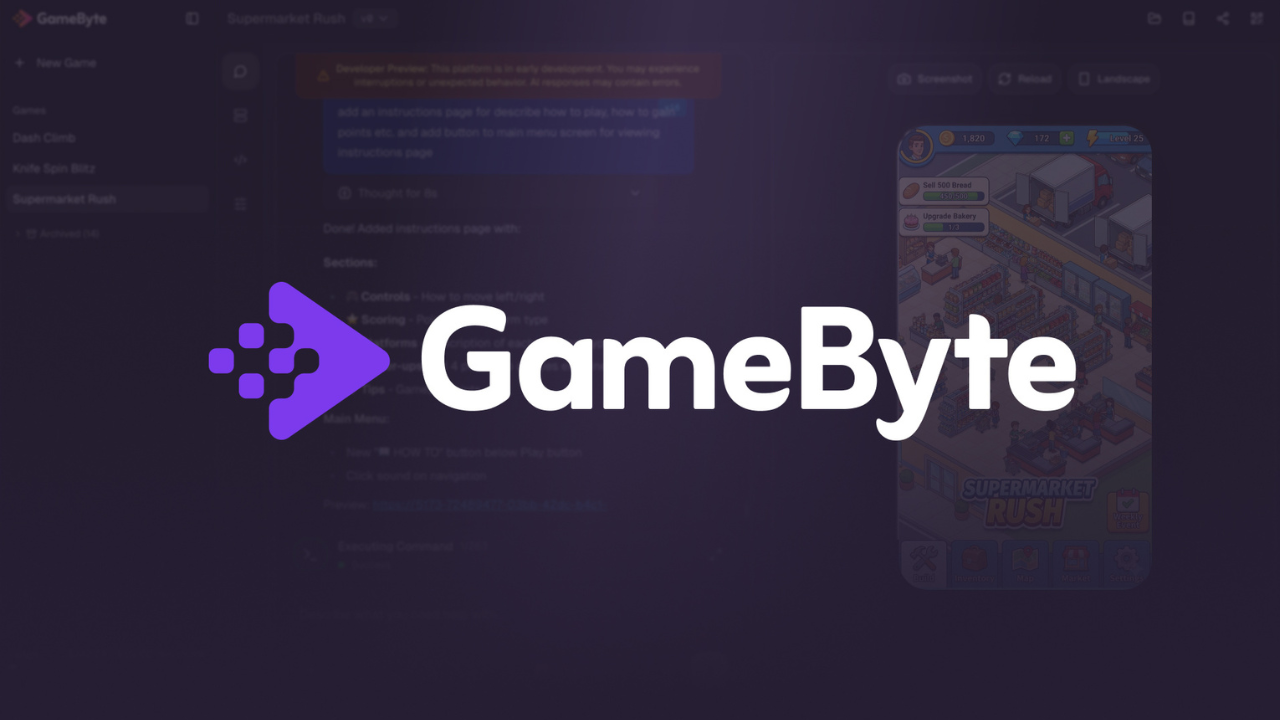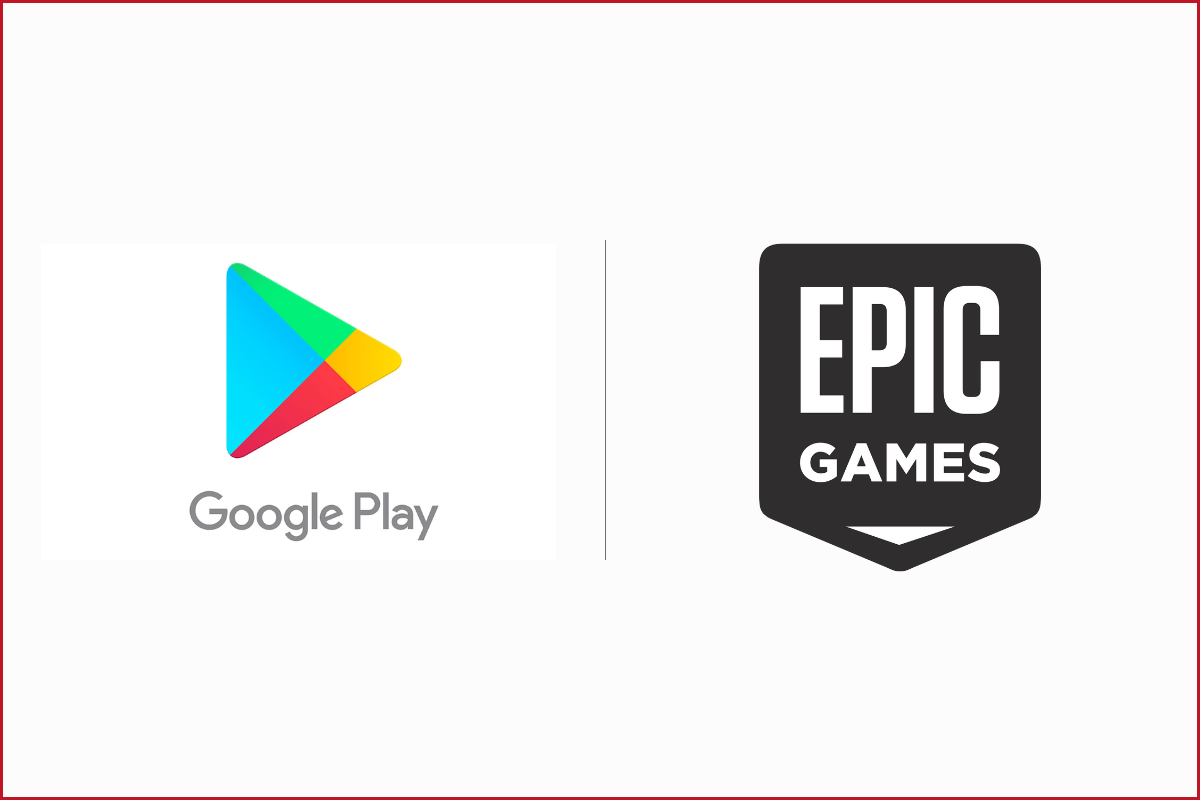Google LLC and Epic Games, Inc. have jointly filed a proposed settlement to resolve their five-year antitrust dispute concerning the Google Play Store’s distribution and billing practices on Android devices.
The submission to the U.S. District Court for the Northern District of California (Judge James Donato) remains subject to court approval.
Key Terms & Developer Impact
- Under the proposal, developers will be allowed to offer alternative payment methods, both in-app and through external web links, bypassing Google Play Billing in certain cases.
- Google agrees to easier installation of third-party “Registered App Stores” that meet updated safety and security requirements, simplifying how users access non-Play-Store storefronts.
- A new fee-structure caps service fees at 9% or 20% depending on the type of transaction and app install status (new install from Play after a given date).
- The changes are described as global in scope and extend through June 2032 for the “Registered App Store” framework.
Background & Significance for Game Industry
The underlying lawsuit stems from Epic’s 2020 complaint that Google abused its dominant Android / Play Store position by tying distribution and payments, thereby disadvantaging game developers and publishers.
Industry outlets emphasise that for game-makers, especially those monetising via in-app purchases, the proposed changes could reshape monetisation, distribution strategy, and store-ecosystem planning, beyond mobile to aspects of cross-platform/PC/console strategy.
Industry Perspective
“The Google-Epic deal is the moment we’ve been waiting for. Thirty percent never made economic sense for publishers, and stores now have to earn their keep. Credit to Epic, the DTC crowd, and bold studios for pushing this through. The result is real choice for players and publishers, and web stores are front-and-center for owning the relationship and fixing the unit economics.”
Gil Tov-Ly, Appcharge CMO

“The Google-Epic agreement is the best news developers have had in years. This deal doesn’t just make web stores mainstream; it makes them more important than ever – the one channel that consistently runs at near-zero commission.
Smart publishers train players to buy on the web store, then use link-outs, in-app prompts, and alternative flows as amplifiers. That’s the best of both worlds – educate players in-app at scale while moving the bulk of purchases to a near-zero-commission channel. From here on, publishers own the relationship, the margins, and the momentum.”
Maor Sason, Appcharge CEO






